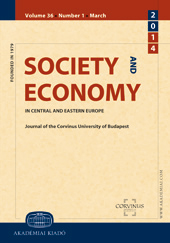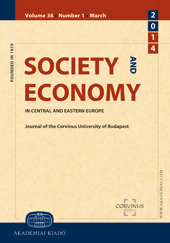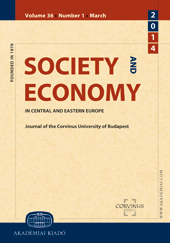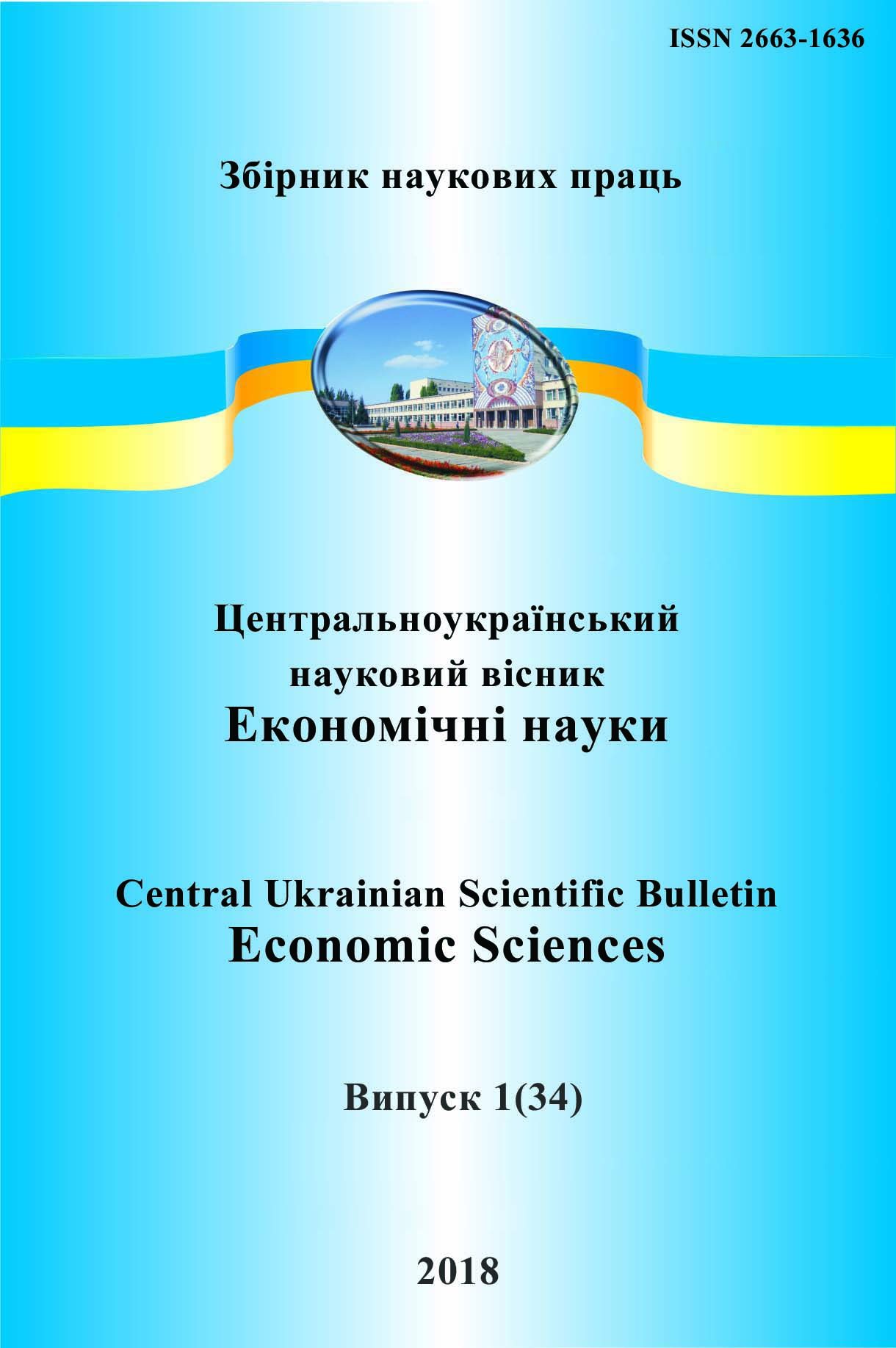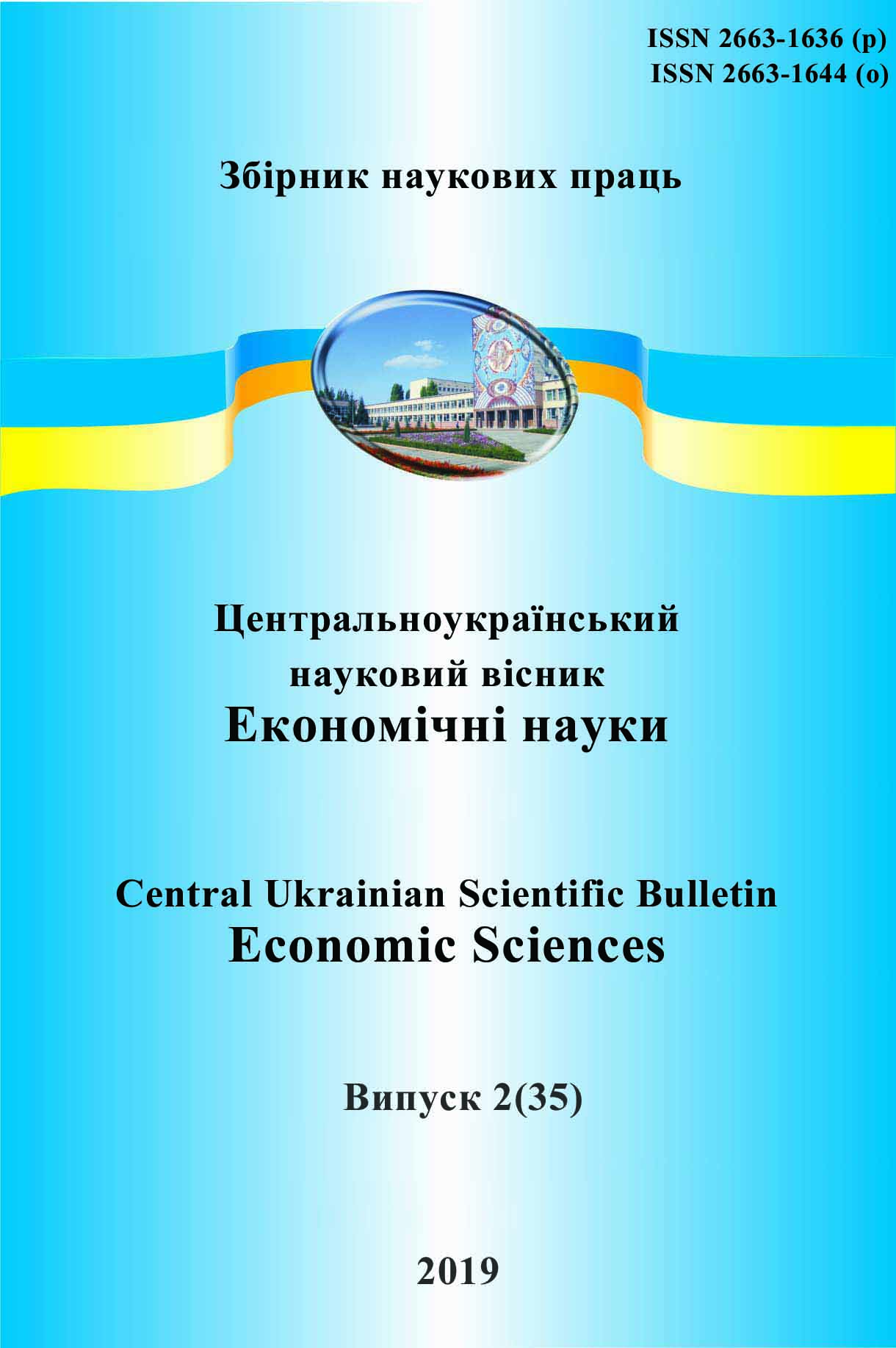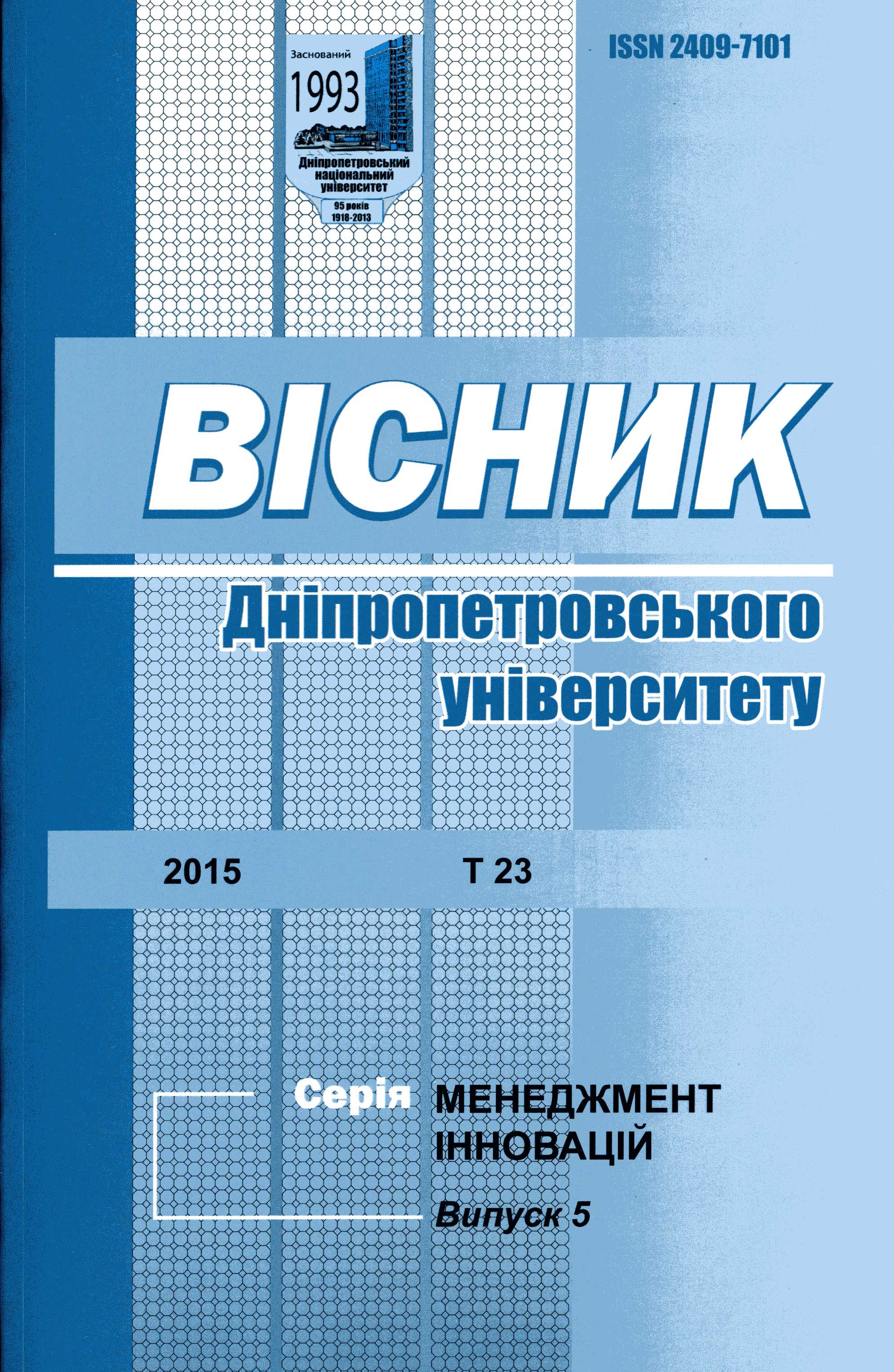
Problems of Reforming the Law Enforcement System of the State: An Innovative Method of Motivation of Staff
Today the process of democratic transformations in this country is associated with the solution of complex political, economic, social and legal issues, one of which is the government's reorganization and optimization of the structure of its institutions. Given the socio-political and criminal situation in the country, current law enforcement bodies do not meet the requirements of the time. The process of reform of the judicial system started in 2014 in accordance with social requirements and capacities of the state. International experts noted that Ukraine as a member–state of the Council of Europe must improve its laws in accordance with European standards and apply innovative approaches during the period of problem solving. Thus it is necessary to analyze the peculiarities of the reform of the law enforcement bodies in Ukraine.The purpose of this study is to analyse the peculiarities of creation of efficient system of motivation of employees during structural transformations of the state personnel. The set scientific tasks were performed using a complex of general scientific methods: analysis, synthesis, generalization, statistical and comparative.The peculiarities of the process of restructuring of the law enforcement system were analyzed. The ways to create an efficient system of motivation of employees during the structural transformation were explored. We found the most important areas of improvement in the process of encouraging social subjects to the activities with strategic objectives in fighting crime, providing social security in the material and spiritual spheres of life of the society. The paper considers ways to create opportunities of implementation of individual abilities of employees that require a thorough study of the individual abilities and needs of each individual person to revitalize his/her activities to achieve the goals of the organization. We studied such ways of stimulating employees of law-enforcement sphere as participation in development and decision–making, implementation of the contest–based vacancy occupation, demilitarisation of special ranks, democratization of personnel policy, development of professional mobility of the civil servants.It was determined that the next stage of the reform will be creation of local police departments, which will also be arranged with regard to innovative principles of employee motivation: meeting the needs of self–expression and development; independent and transparent competitive mechanism to fill vacant posts (including top management) and the development of professional mobility.Scientific novelty of this work consists in the study of peculiarities of creation of innovative motivation of law enforcement employees in the period of radical reform of the society. Planned reforms were developed taking into consideration international, including European, standards of police activities.The practical significance of obtained results is a comprehensive study of the mechanism of gradual reformatting of state law enforcement institutions and provision of specific recommendations for improvement of the new structure that renders services of protection of public order.Further research in this direction might be focused on finding innovative ways to solve the problems of the reform of the law enforcement system of this country.
More...
